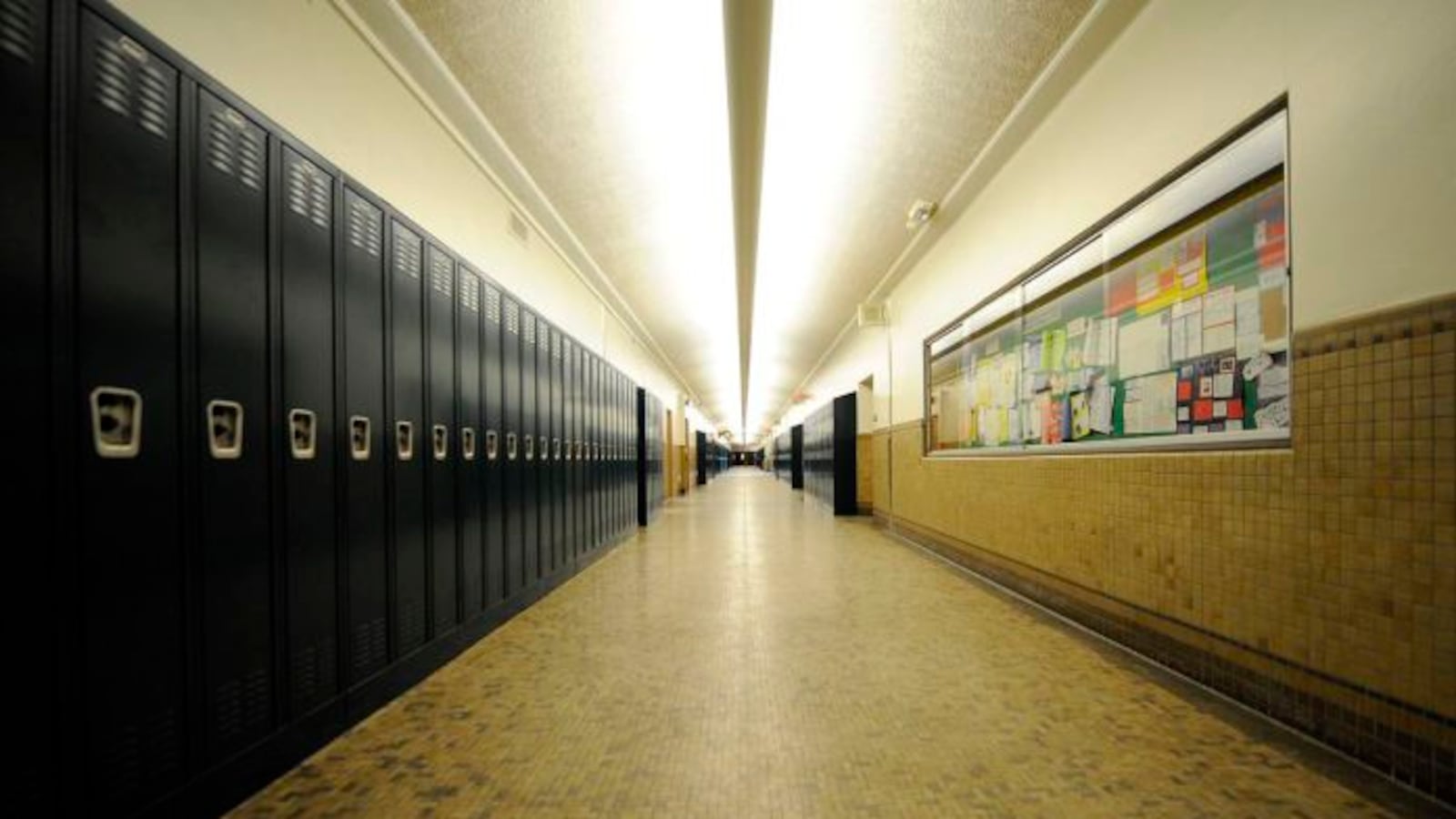Indianapolis Public Schools will make a big shift in the way it treats misbehavior this year, moving away from a tougher “zero tolerance” approach toward a system that results in fewer students being suspended and expelled.
Administrators presented to the school board tonight sweeping changes to its guidance for how schools should interpret the district’s student code of conduct. The new approach moves strongly toward positive intervention, which includes highlighting good behavior and finding ways to keep misbehaving students in the classroom.
School board members signaled strong support for the plan. Board member Gayle Cosby called the changes “long overdue.”
District officials have been looking at inconsistencies in the way schools apply the conduct code for more than a year. They found a huge range of different approaches. In many cases, schools applied completely different penalties for serious misbehavior — the same offense could send a student home suspended at one school but keep them in class with milder sanctions at another.
Superintendent Lewis Ferebee said administrators were also very concerned about much higher rates of suspensions and expulsions for some groups of children, such as those from poor families, those taking special education classes and ethnic minorities.
“What I tell principals is the easiest way to minimize suspensions is to just not suspend anybody,” he said.
He said he knows that won’t always work. But he likes the philosophy of dispute resolution, discipline and reconciliation based on talking and learning the root causes of problems.
“You’re not just suspending someone,” he said. “You’re actually dealing with that behavior and that really helps young people develop into better people and better citizens.”
Harsher approaches have worse results, Ferebee said.
“Nationally, if you look at the results from the zero tolerance era, it just didn’t work,” Ferebee said. “You have repeat offenders. You’re not getting to the root causes of behaviors. We have gotten more positive results by actually dealing with those behaviors.”
So with help from the Indiana University Equity Project, which studies questions of fairness in school discipline, the district compared its figures with other cities, such as Fort Wayne, Chicago and Denver.
The changes also come on the heels of a statewide push for school district’s to update their discipline policies and a new state law that requires Marion County schools to report more data about how they punish children who misbehave.
Board member Kelly Bentley asked if there would be any differences between disciplinary actions taken against elementary school and secondary school students.
“It seems like, obviously, it can be different for a first grader than it is for a 16-year-old in a calculus class,” Bentley said.
Ferebee said he expects his principals to be smart about it.
“We don’t expect kindergartners to be suspended and expelled in the same manner high school students are,” he said. “We, more importantly, want to outline the steps and the processes you need to follow when administering discipline.”
The changes are going to take time to put into place, said Cindy Jackson, IPS’s positive discipline coordinator, in part because teachers and administrators will need training. But the district plans to hold monthly training sessions, as well as regular public meetings for teachers to give feedback or raise concerns about the changes.
Board member Caitlin Hannon, a former IPS teacher, said changing the policies made her nervous from the start, but she is pleased with the result.
“It’s a nice balance,” she said. “It acknowledges the teacher-student relationship and the culture of the building. I’m hopeful that this creates a kind of structured flexibility, which is something that’s important for all of us.”


